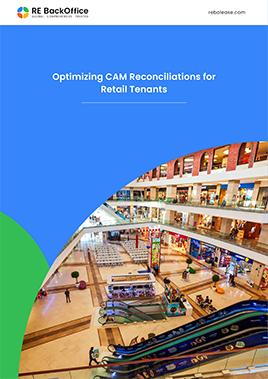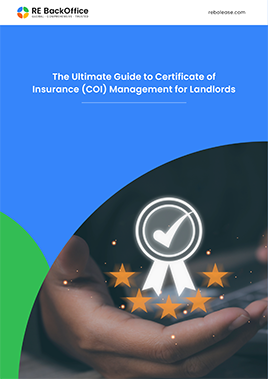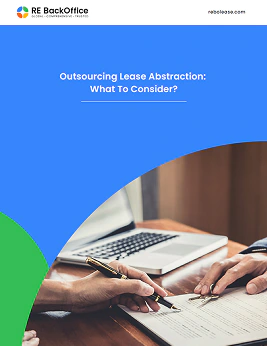
In the dynamic world of commercial real estate, navigating the legal landscape is crucial for smooth operations and avoiding costly pitfalls. Zoning compliance stands as a cornerstone of this legal framework, dictating how a property can be used within a specific area. Understanding and adhering to zoning regulations is essential for businesses seeking to establish or expand their presence in a particular location.
This comprehensive guide delves into the intricacies of zoning compliance in commercial real estate, empowering you to make informed decisions and ensure your venture thrives within the legal boundaries.
Understanding Zoning: The Building Blocks
Zoning refers to a system of land-use regulations established by local governments. These regulations categorize land parcels into zones, each with designated permitted uses. These permitted uses encompass a wide range of commercial activities, from retail stores and restaurants to office buildings and warehouses.
Why Does Zoning Compliance Matter?
Zoning compliance serves several critical purposes:
- Maintaining Order and Predictability: Zoning ensures a well-organized and predictable commercial landscape. Businesses can operate with confidence, knowing the types of establishments they can expect in their vicinity.
- Protecting Property Values: Zoning regulations help maintain property values by preventing incompatible uses from disrupting a neighborhood's character.
- Promoting Public Health and Safety: Zoning safeguards public health and safety by regulating factors like traffic flow, noise levels, and the proximity of certain businesses to residential areas.
Key Subtopics in Zoning Compliance
Zoning compliance encompasses several vital subtopics that commercial real estate professionals must be familiar with:
- Zoning Codes and Ordinances: These legal documents detail the specific regulations governing each zone within a jurisdiction. They outline permitted uses, building height restrictions, setbacks (minimum distances between structures and property lines), parking requirements, and signage regulations.
- Zoning Maps: These visual representations depict the zoning designations for different areas within a locality. By consulting zoning maps, businesses can readily identify the zoning of potential property locations and their suitability for their intended use.
- Conditional Use Permits (CUPs): In certain cases, a business seeking to operate in a zone with limitations on their desired use can apply for a CUP. This permit allows for a specific use, provided the business meets additional criteria established by the local zoning authority.
- Variances: Variances offer some flexibility within zoning regulations. Businesses can request a variance for minor deviations from zoning requirements, such as exceeding the permitted building height or requesting a reduced setback. However, obtaining a variance typically involves a public hearing process and demonstrating minimal negative impact on the surrounding area.
The Zoning Compliance Process: A Step-by-Step Guide
Here's a breakdown of the steps involved in ensuring zoning compliance for your commercial real estate venture:
- Identify Your Intended Use: Clearly define the nature of your business and its operational needs. This will guide you in searching for properties zoned appropriately.
- Research Zoning Regulations: Obtain a copy of the local zoning code and zoning map from the relevant government department. Alternatively, a professional zoning consultant can assist with navigating these documents.
- Evaluate Property Zoning: Carefully examine the zoning designation of your shortlisted property. Ensure the permitted uses align with your intended business operations.
- Seek Professional Guidance: Consider consulting a land-use attorney or zoning consultant to confirm zoning compliance and explore options like CUPs or variances, if necessary.
- Apply for Permits: Depending on your specific situation, you may need to apply for building permits, signage permits, or other relevant approvals from the local zoning authority.
Consequences of Non-Compliance
Operating a business in violation of zoning regulations can lead to significant consequences, including:
- Cease-and-Desist Orders: The local government can issue a cease-and-desist order, forcing you to halt operations until you comply with zoning regulations.
- Fines: Non-compliance can result in hefty fines, significantly impacting your business finances.
- Legal Action: In severe cases, the local government may pursue legal action, potentially leading to the closure of your business.
Maintaining Compliance: A Proactive Approach
Here are some key strategies to ensure ongoing zoning compliance:
- Stay Updated: Zoning regulations can evolve over time. Regularly review the local zoning code and maintain communication with the zoning authority for any updates.
- Seek Guidance for Renovations: Before undertaking any renovations or expansions, consult with a professional to ensure your plans adhere to zoning requirements.
- Monitor Signage: Ensure your signage complies with size, placement, and lighting regulations outlined in the zoning code.
Zoning Compliance serves as the foundation for a thriving commercial real estate landscape. It fosters a predictable environment for businesses, safeguards public well-being, and ultimately contributes to the economic vitality of a community. By proactively navigating the zoning framework, businesses can make informed decisions, build sustainable ventures, and contribute to a harmonious commercial ecosystem. Remember, a thorough understanding of zoning regulations empowers you to navigate the commercial real estate landscape with confidence and pave the way for a prosperous future.


